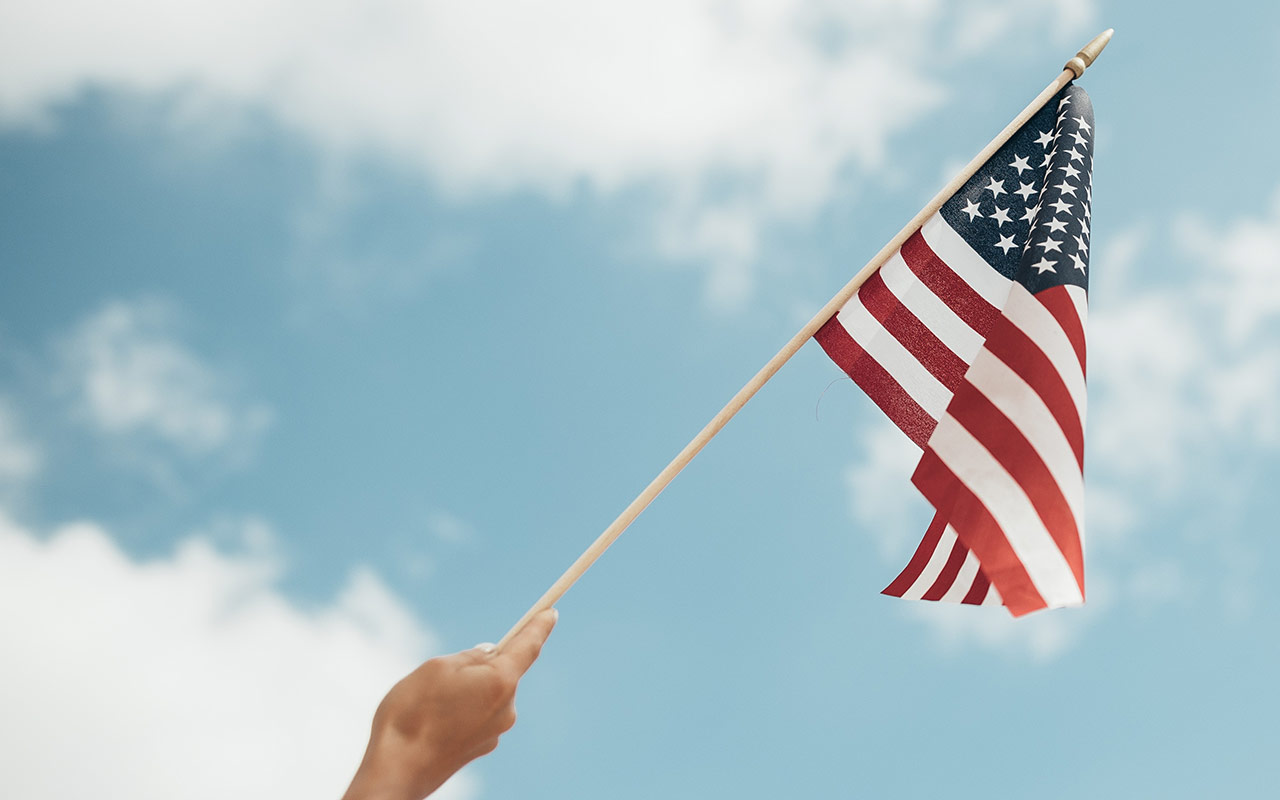Last week, the U.S. Environmental Protection Agency (EPA) completed its reconsideration of a January 2009 final action on “project aggregation.”
To combat counterfeiting on the Amazon marketplace, Amazon implemented Amazon Brand Registry, a program that allows companies to register trademarks directly with Amazon and offers tools that increase the speed and ease with which counterfeit products are identified and removed.
Automotive practice group leader Aaron Jacoby spoke with Automotive News about unlawful (and lawful) exports of luxury automobiles from the U.S. to Russia and China.

Headlines that Matter for Companies and Executives in Regulated Industries
With only two months until the January 1 implementation of the final State Cannabis Regulations, the California agencies given licensing authority under the Medicinal and Adult-use Cannabis Regulation and Safety Act posted last minute changes that are causing quite a buzz in the cannabis community.
This August, Ohio became the first state in the nation to pass a law incentivizing organizations to develop a strong data protection and cybersecurity program.
Will cars fly before they self-drive?
Late last month, in Daniels v. Fan Duel, Inc., et ano, the Indiana Supreme Court sided with the fantasy sports industry holding that the use of the names, pictures, and statistics of athletes by online-fantasy sports operators without the athletes’ consent does not violate the right of publicity.
Earlier this week, in Potts v. Center for Excellence in Higher Education, the Tenth Circuit held “that the False Claims Act’s anti-retaliation provision unambiguously excludes relief for retaliatory acts occurring after the employee has left employment.” 2018 WL 5796963, — F.3d — (10th Cir. Nov. 6,
On October 26, 2018, the Health Resources and Services Administration (HRSA) updated its online National Practitioner Data Bank (NPDB) Guidebook for the first time since April 2015. The Guidebook provides information to eligible entities and professionals regarding reporting to the NPDB, querying th
As class action practitioners know, class certification can be difficult to achieve, particularly in the years since the Supreme Court’s decision in Wal-Mart Stores, Inc. v. Dukes.
Let’s all unite for the greater cause.
Byron Dorgan*, Philip S. English*, Dan H. Renberg, Jon S. Bouker, Craig Engle, Laura E. Doyle*, Daniel Sjostedt*
Below is a roundup of headlines that matter and key takeaways from the industries and issues we're following closely. We'll be back later today with more in-depth analysis.

Byron Dorgan*, Philip S. English*, Dan H. Renberg, Jon S. Bouker, Craig Engle, Laura E. Doyle*, Daniel Sjostedt*
As the dust settles on a campaign cycle that was unprecedented in many ways, we have composed this biennial post-election analysis to assist our clients in assessing the potential impact of the elections on their organizations and their industries.
On December 14, 2018, a new bag ordinance in Boston will require all retail stores to stop providing free plastic bags. Given this, retailers in the area should prepare by purchasing appropriate bags and posting a notice at checkout.
Last week, the Supreme Court heard arguments in Lamps Plus, Inc. v. Frank Varela, a case with major implications for companies seeking to avoid class arbitration.
Late last week, the Supreme Court lifted the stay on Juliana v. United States, a closely watched federal case that could create an unprecedented link between the government’s environmental policy and constitutional rights, if it proceeds to trial.
The Government of Australia is proposing a new bill that would grant additional powers to law enforcement and national security agencies.
Back in May 2018, President Trump announced the United States’ intention to withdraw from the Joint Comprehensive Plan of Action (JCPOA) and re-impose secondary sanctions on Iran.
Twenty-two months into the Trump Administration and a trend has become abundantly clear: courts are profoundly skeptical of the Trump Administration’s use of executive orders to undo or undercut regulations.
The IRS and Treasury Department issued proposed regulations that explain how investors can take advantage of the statute’s unique opportunity for deferral and exclusion of capital gains taxes by investing in designated distressed communities or QOZs.
Headlines that Matter for Companies and Executives in Regulated Industries
Monthly Wrap: News, insights and analysis from Arent Fox's International Arbitration team.
Colorado’s new consumer data protection law, the Protections for Consumer Data Privacy Act, took effect September 1 and companies now have another set of requirements to comply with for their data privacy compliance.
Retailers across the country are paying close attention to a series of legal battles over state laws that prohibit merchants from charging an extra fee to consumers who pay by credit card.